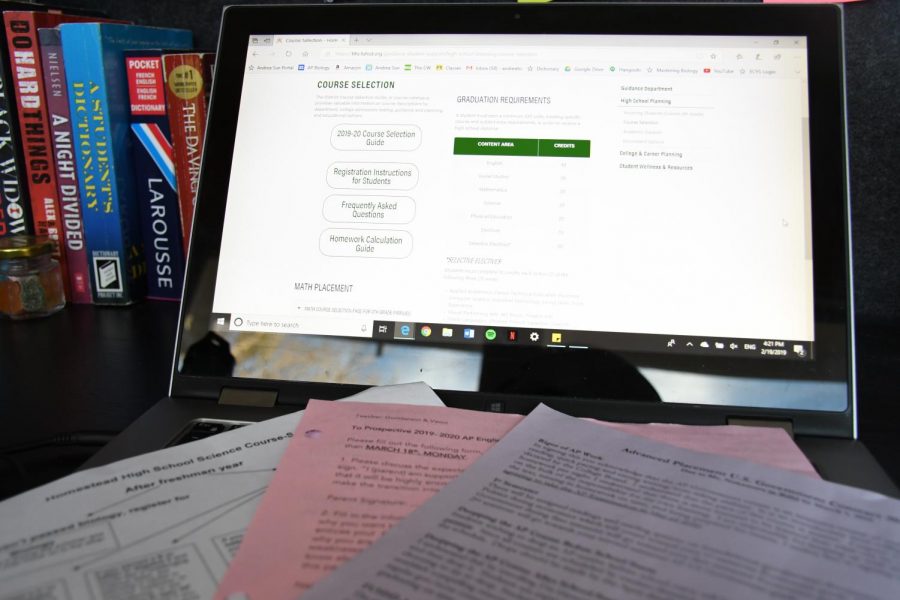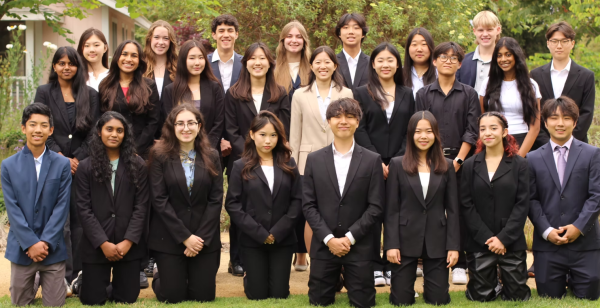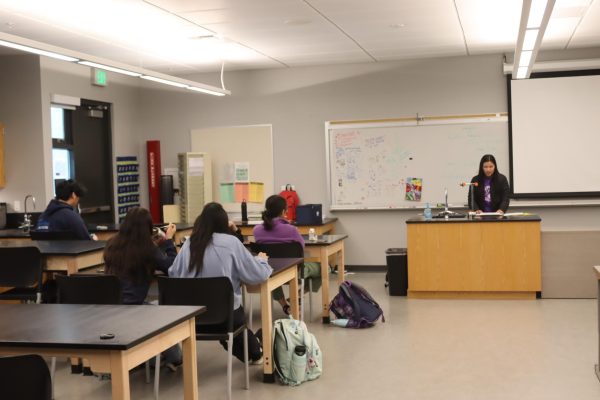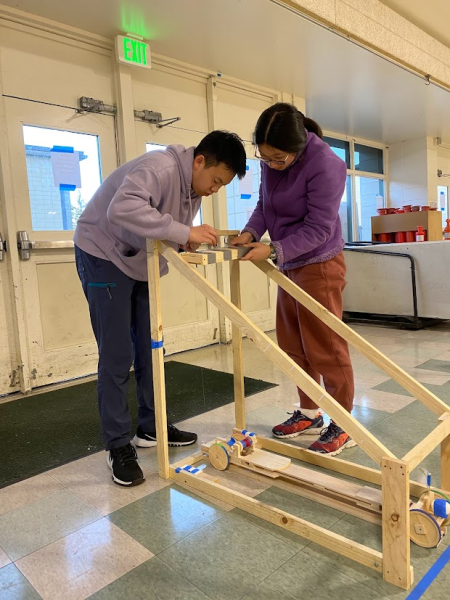Tips for navigating course selection
As course selection nears, students face the seemingly endless choices of classes that are being offered. There are classes that must be taken to fulfill credits and classes that are interesting or challenging. The simple decision may seem to dominate conversations and thoughts, confusing more people or aggravating others.
However, there are some considerations when it comes to course selection. A common point of discussion starts with AP classes. Guidance counselor Lillie Phares points out the competitiveness of the Bay Area and students’ tendencies to overload themselves with AP and honors courses, even with activities outside of school.
“[Colleges] do a holistic review … through looking at GPA, courses taken. They’re looking at what that student is interested in studying, so it’s quality over quantity,” Phares said.
APUSH teacher Andrea Yee said she has experience with students taking too many AP classes.
“My juniors pick out a bunch of AP classes and then they’re miserable, but they’re also teenagers and that’s a time in your life you should have fun, too,” Yee said.
Students should take classes based on genuine interest and future college or career paths, Phares said.
“If a student is majoring in business [or] communications, it wouldn’t make sense for the student to take three, four AP science classes … The colleges are going to look at ‘did that student take advantage of the business courses offered to them?’” Phares said.
However, there are benefits to taking AP classes.
“I think AP courses help you develop new skills since the level of rigorousness is higher and … they are college-level classes, so I think there’s a benefit coming from that,” Yee said.
Students are advised to review the hours each class requires outside of school through the HHS website and reflect on how the course load may affect students’ lives on a greater scale, Phares said.
Although waiving into certain classes without taking the prerequisite is an option, the school does not recommend doing so.
“We want to make sure that students have that foundational skill set because without it, they’re going to have to work 10 or 20 times harder … If you’re going to have to work 10 or 20 times harder in one course, what’s going to be the implications of the other classes?” Phares said.
Regardless of a student’s future plans for college or the workplace, Phares reminds students that there is a specific skill set that they will need that are learned through the classroom. For example, although students may feel that taking four years of math is useless, there is always a chance to use math outside of school in adult life, be it balancing your checking account or figuring out a percentage rate.
All in all, choosing courses wisely lie in bringing together school life and real life so that students can enjoy both.
“I feel that’s where course selection becomes important: in finding the right balance and how many AP classes I [can] handle,” Yee said.








